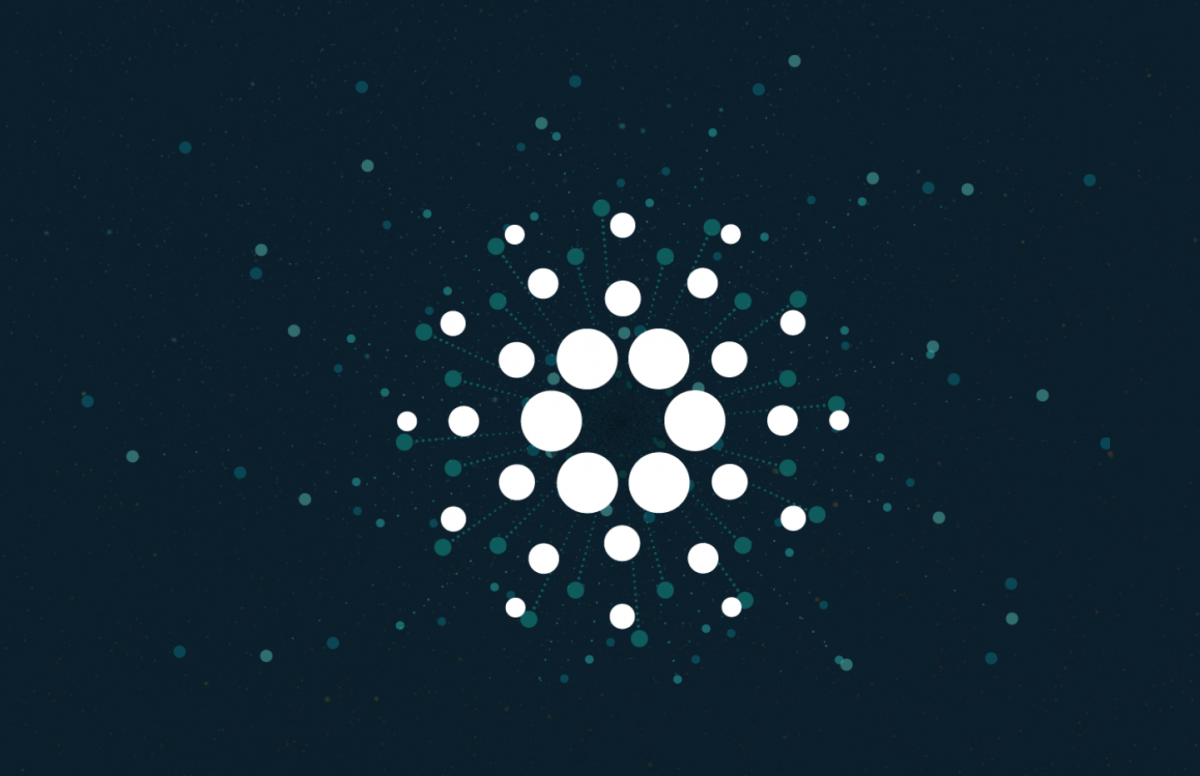Quantum technologies are on the brink of transforming industries with their unparalleled capabilities in computing, sensing, and encryption. However, their susceptibility to noise has significantly hampered their reliability and performance. Recent advancements have demonstrated significant progress in combating this key challenge, paving the way for more robust quantum applications.
Key Developments in Quantum System Enhancement
Researchers have engineered a novel approach that dramatically boosts the stability and performance of quantum systems. The strategy employs the cross-correlation of two noise sources, harnessing the destructive interference between them to shield quantum states from noise disruptions. This method not only extends the coherence time of quantum information but also enhances the precision and reliability of quantum operations.
The extended coherence time, now ten times longer than previous methods, ensures that quantum information is preserved longer, increasing the potential for more complex computations and sensitive measurements. Improved control fidelity, another outcome of this research, allows for more precise manipulations of quantum states, leading to more accurate outcomes. Additionally, the heightened sensitivity from this approach could revolutionize fields such as medical imaging and cryptography, where detecting faint signals and maintaining secure communications are crucial.
This significant enhancement in performance has been made possible through the collaborative efforts of quantum physicists from several esteemed institutions, including Hebrew University and Ulm University. Their findings, published in Physical Review Letters, highlight not only the technical achievements but also the potential real-world applications of these advanced quantum systems.
Applications and Future Prospects
The implications of these advancements extend far beyond the laboratory. Industries relying on highly sensitive measurements, like healthcare, could see enormous benefits from improved quantum sensors. The ability to detect minute abnormalities earlier and with tabilizing Quantum Tech: Innovations in Noise Interference Boost System Performance could revolutionize diagnostic processes.
Moreover, the enhanced stability and performance of quantum systems could accelerate the development of quantum computing, unlocking new possibilities in solving problems that are currently infeasible for classical computers.
The journey towards practical quantum computing continues to overcome significant hurdles, with stability and noise interference being the foremost among them. The latest strategies in reducing noise impact through cross-correlated interference mark a critical step forward, bringing us closer to realizing the full potential of quantum technologies.






























